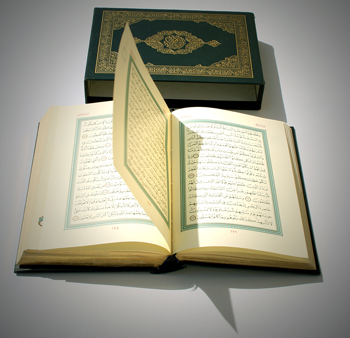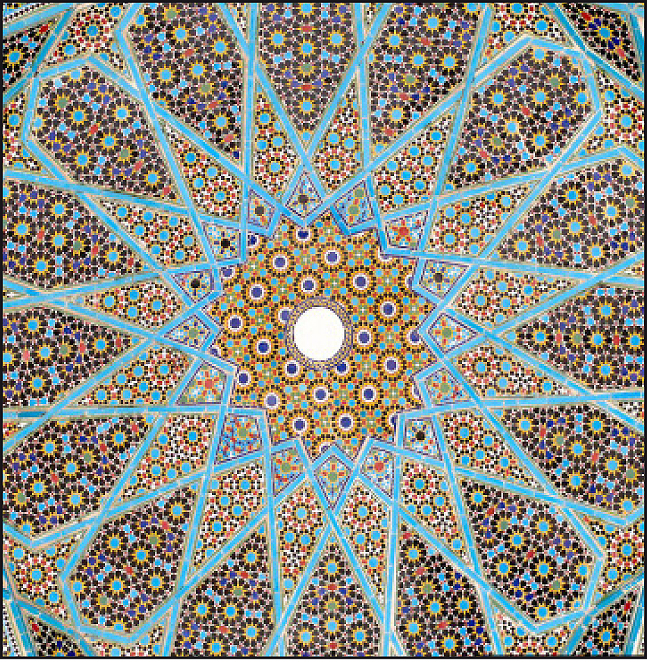Ramadan, the month of fasting for the Muslims, is finding a new normal one year into the Covid-19 pandemic that shut the doors of masjids and Islamic Centers around the world last year and mandated social distancing. It is the ninth month on the lunar calendar and started April 13, with the sighting of the new moon.
“I’m asking the believing community to pray for those in our own community who suffer with Covid or with other illnesses. We pray for those who are being persecuted in the world because they are Muslims. They believe in Allah and are trying to follow the Holy Prophet, Peace Be Upon Him. We pray for them, but we do more than pray for them. We look after them,” the Honorable Minister Louis Farrakhan said on the first day of Ramadan during the Ramadan Prayerline.
“I bear witness to the oneness of God. I bear witness to the oneness of His community. We in the Nation of Islam love Muslims, wherever they are on the earth. We cry out for the whole of humanity because the Holy prophet, peace be upon him, was not just interested in the Ummah. He was interested in every human being that walks the earth, that breathes the air belonging to Allah and feeds from the earth that belongs to Allah.”

That spirit of love and unity binds over a billion Muslims around the world. However, Ramadan, which is usually a time for social gatherings around prayers, fasting and reflecting on Allah (God), continues to look different in response to the pandemic.
Last year many of the rituals of Islam came to a halt. Masjids closed for congregational prayers during the day and Jummah on Friday. The Kaaba at the holy city of Mecca, Saudi Arabia, usually surrounded by hundreds of thousands of pilgrims making Umrah was empty. Hajj, the most widely attended pilgrimage was cancelled. This was the first time Hajj was cancelled since the founding of the Kingdom of Saudi Arabia in 1932.
This year masjids and Islamic Centers have continued their creativity in maintaining community to meet the needs of people who want to reinforce their social connections during Ramadan. There will be Zoom iftars (breaking of the daily fast) and tarawih (nighttime) prayers. In some areas states and cities have allowed for limited in-person religious gatherings with registration to monitor the count of attendees. Imams around the country are offering nightly messages to close some of the social distancing people are experiencing.
In Baltimore at the Muslim Community Cultural Center, programs will continue online with plans to move Jummah (Friday congregational prayers) outside when the weather warms.

“During this month, we still have our collective Qur’an reading every night where we do one 30th of the Qur’an. In the morning we do a reflection on the night’s reading. We haven’t done anything different. We’ve just tried to improve upon it. Things have become more technical which has its drawbacks, but it has helped some people,” resident Imam Earl Al Amin told The Final Call.
“Due to Covid-19, a lot of people are relegated to their homes. This gave them an opportunity for much more introspection, reflection, and study. From the conversations that I’ve had with families it brought them together. The families got closer. There was a lot more communication going on. The dinner table became the most important time of the day and families were able to sit down five to seven days a week,” he said.
In Chicago, some masjids are opening up but not everyone is going back.
Educator, Haroon Ar-Rashied has not ventured out to attend prayers since the pandemic started last year. Life for him is still the same. He told The Final Call, “This year the tarawih prayers are weird. Some places are open, but it’s with a limited space and many are even doing reservations. I haven’t made it out to anything since the pandemic.”
Knowing Islam has helped him deal with the pandemic, he continued.
“It’s been an eye opener to see Allah’s plan happening right before our eyes. I’m one of the fortunate ones to be able to work from home. Usually, I would be going to work kind of foggy and working extra hard to keep up with everybody after staying up late praying. Now I can easily take a nap and get more rest than usual,” added Mr. Ar-Rashied.
Muslim organizations small and large are keeping their events online from Jummah to Iftars to tarawih prayers. It allows them to reach a wider audience while socially distancing. Muslim Advocates, a national civil rights organization is sponsoring The National Iftar on April 22. It will feature the voices of Muslim Congressional members, Andre Carson (D-Ind.), Ilhan Omar (D-Minn.) and Rashida Tlaib (D-Mich.).
Shaheedah Jackson, wife and mother of three in Hampton, Va., has found Muslim life on Clubhouse (social media app) as her means of connecting with Muslims. She told The Final Call, “There are programs for sisters and Muslims in general. I can listen to a range of speakers and get inspired by the words of Allah. The pandemic has made me find Islam in a variety of new and different places to feed my soul.”
For Muslims around the world, listening to the Ramadan Prayerline every morning at 5:00 a.m. EDT is their way of connecting and starting their day. It features special guest speakers from various Muslim communities, historical commentary about Ramadan and the Hadith of the Day. It’s entering the 15th year of connecting Muslims from over 50 countries who listen live and to the replays.
“The pandemic provided Muslims with the time to reflect. During Ramadan for many they are still sheltering in place. This has allowed some of us to get closer to our families. The Ramadan Prayerline is a vital source of information and inspiration for believers each morning. We want them to stay connected to Allah and make each day of fasting better than the day before,” Abdul Akbar Muhammad, Ramadan Prayerline organizer, told The Final Call.
“We have a wide range of speakers that will touch the hearts of our listeners in a variety of ways. The Honorable Minister Louis Farrakhan started us on day one with the meaning and understanding of the time. He spoke about the oneness of Allah and the oneness of His Ummah (community). We needed that. This is one of the few events during Ramadan where you truly see the unity of Muslims. The Qur’an (book of Islamic scripture) has united us and Ramadan continues to bring us together.”













